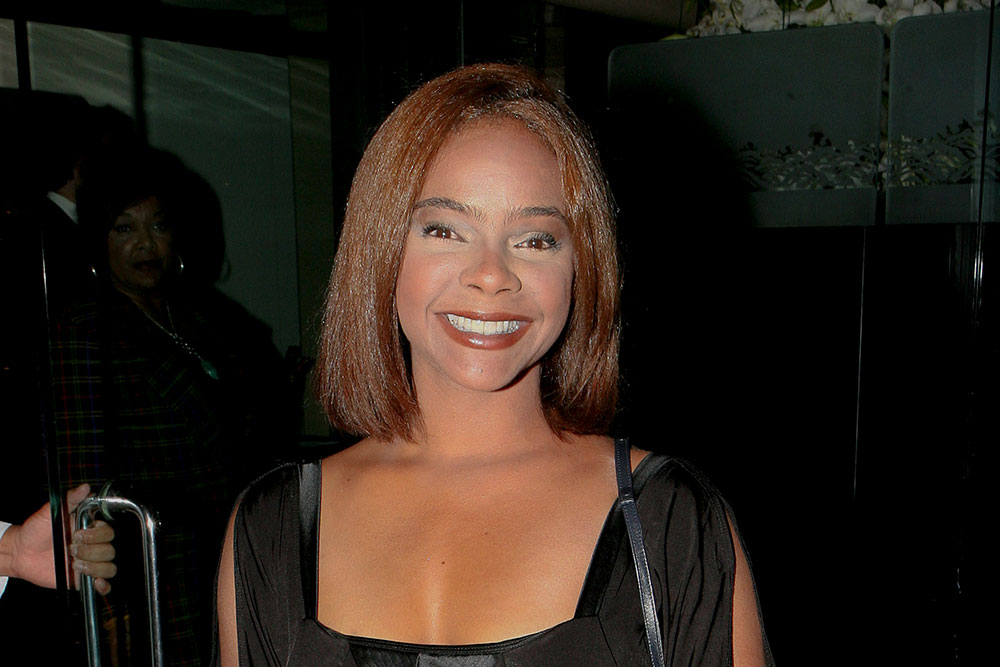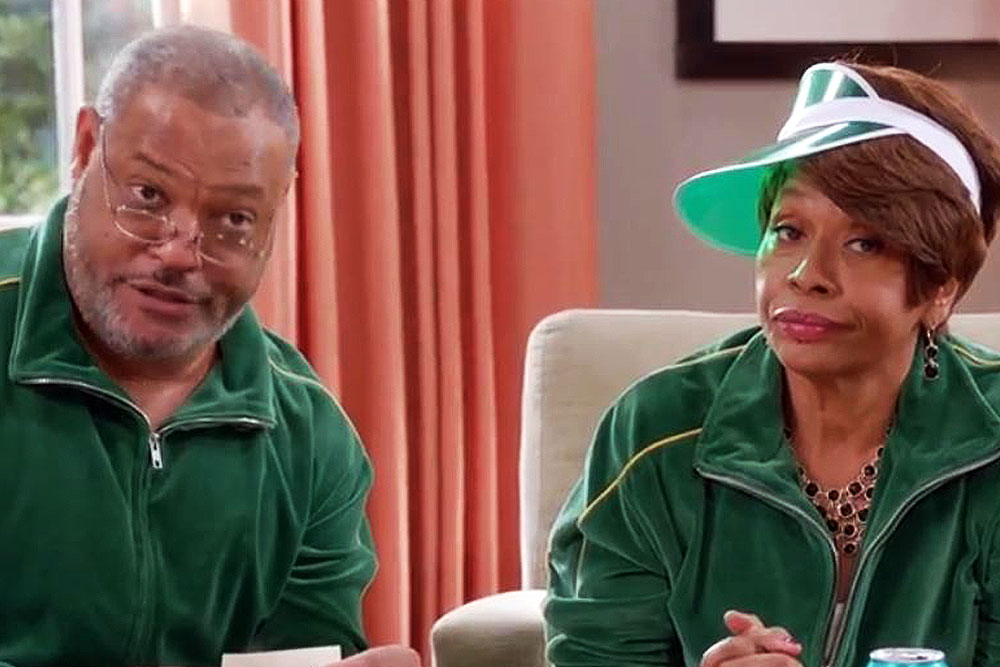By now, you’ve probably heard about of the Supreme court case of Byron Allen against Comcast. What started as a dispute over Comcast’s unwillingness to carry seven channels that are provided by Allen’s company Entertainment Studios has morphed into a 21st century civil rights show down.
At it’s heart, Allen contends Comcast is in violation of the Civil Rights Act of 1866, which gives “all persons” the same right “enjoyed by white citizens” to “make and enforce contracts” and “to sue.” You can read about the whole sorted affair here.
Meanwhile, Allen has been on a media blitz as his date with the Supreme Court inches closer, making appearances on the Breakfast Club, The Karen Hunter Show, and being a hot topic on a number of podcasts and video blogs.
Even Sean ‘Diddy’ Combs, who’s part owner of the Revolt cable channel, has stood up and sided with Allen. Combs has stated that while Revolt has signed an agreement with Comcast for distribution, they have single-handedly stopped the growth of the network.
“Comcast spends billions of dollars on content networks every year, but just a few million go to African American owned networks like REVOLT. That is unacceptable,” states Combs on his twitter feed. He went on to explain that even those few African American owned networks are not offered in standard packaging and Comcast has made no effort on their part to further cultivate the black-owned networks.
My name and my network, REVOLT, have been mentioned recently by Comcast in reference to the Comcast/Byron Allen US Supreme Court case as an example of Comcast’s inclusive practices with respect to African American owned cable networks.
— Diddy (@Diddy) November 21, 2019
While it is true that we are in business with Comcast, it is not accurate to use my name or my network as an example of inclusion. I do not want my name to be used inaccurately so I must speak my truth.
— Diddy (@Diddy) November 21, 2019
I also want to make clear that this case is now about much more than cable distribution. It’s about the civil rights of millions of African Americans and other minorities.
— Diddy (@Diddy) November 21, 2019
First, it’s important that people really understand what’s at stake. In its efforts to get the lawsuit filed by Byron Allen dismissed, Comcast has taken a legal approach that could weaken fundamental civil rights protections. I have a problem with this.
— Diddy (@Diddy) November 21, 2019
The Civil Rights Act of 1866 section 1981 was designed to ensure Black people are able to do business in this country and not be denied because of race.
— Diddy (@Diddy) November 21, 2019
Comcast is arguing that this law only applies if racial discrimination is the only factor that leads to a refusal to do business, which would be extremely hard to prove. If they are successful, it will become much harder for any victim of discrimination to seek justice in court.
— Diddy (@Diddy) November 21, 2019
By taking this stance in the Supreme Court, Comcast has put its legal tactics ahead of the rights of millions of Americans to be heard. This is not OK.
Read my full statement at: https://t.co/rCdc9LU6kk
— Diddy (@Diddy) November 21, 2019
Essentially what happens is Comcast signs agreements with these African American networks in order to meet a quota. They never intend to put their all into growing these networks or placing the needs of these networks in front of networks that are melanin-challenged if you will!










